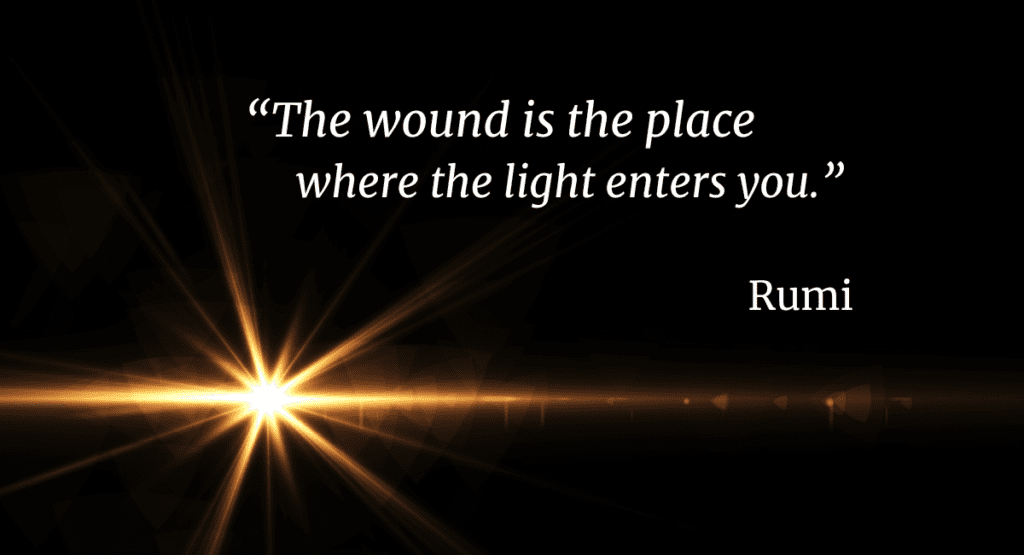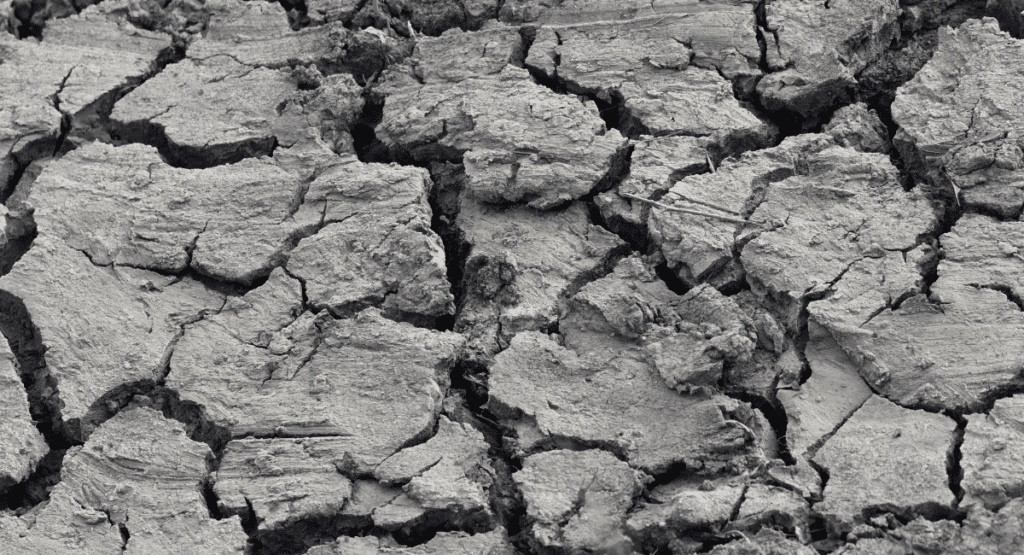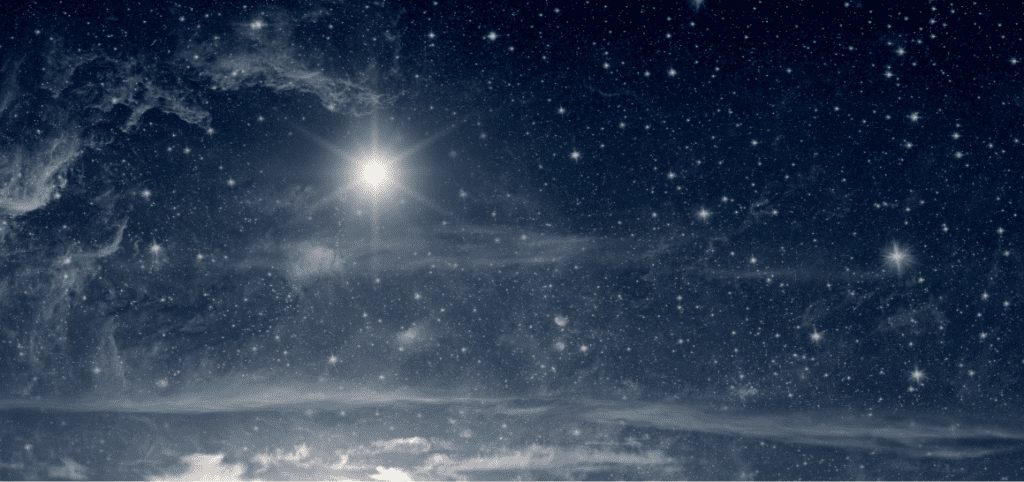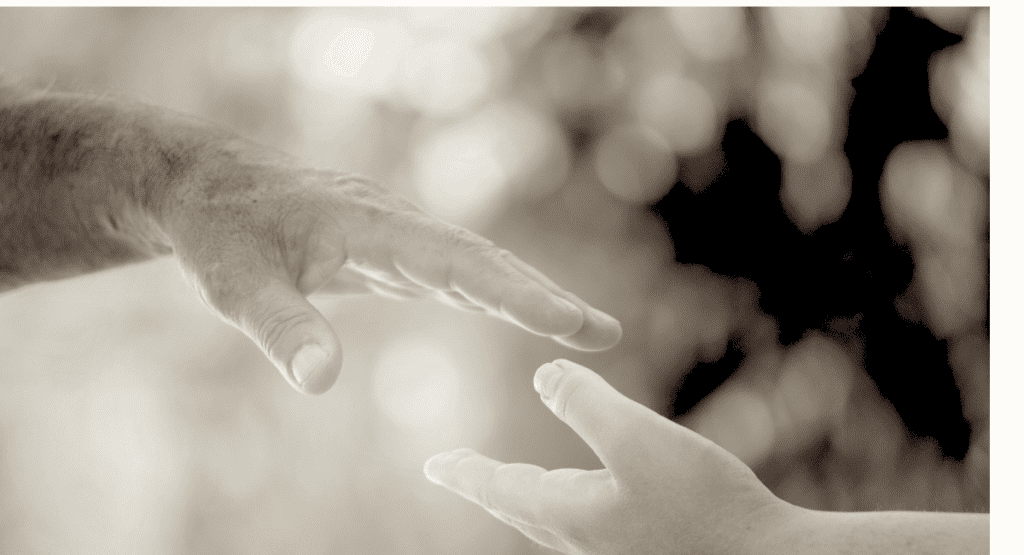
The holidays can be challenging when we’re feeling grief, especially after personal losses—even those from long ago. This year many of us are also feeling another shade of grief that can compound the personal.
It’s grief for the state of the world.
Recently, I googled “How to survive collective grief during the holidays” and a bunch of articles popped up—all dealing with personal loss, like the death of a family member during a time of celebration. Having lost nine friends in six months I know how important that topic is.
But it was not what I was searching for.
I wanted to know how to deal with an overwhelming heaviness about the state of the world.
I searched again asking: “How to deal with anxiety and uncertainty about the future” and a few articles popped up. Most of them referred to a fear of the end of the world as if it were a kind of pathology, which I suppose, in its most obsessive form, it is.
I believe, however, that anxiety, overwhelm, or grief about our collective future is NOT a pathology.
Maybe it’s a sign of good health or, at least, an active sense of compassion.
It’s not easy to bear the cataclysmic suffering we hear about daily. My heart breaks reading about the situation in the Middle East, Ukraine, poverty, racism, antisemitism, hate against Muslims, and the insanity of current politics, among others.
If you share my angst, you’re not alone.
Remember, we are just coming off a few years of high stress and anxiety that spiked during the pandemic, a time when researchers found many experiencing a “shared human experience of uncertainty, isolation and hardship.”

If you’ve been reading this blog, I’ve shared steps I use to cope with overwhelm, everyday anxiety, and personal loss. Usually, they are micro-steps like breathing, walking, taking the next small action, looking for beauty, calling a friend, being thankful, and trying not to eat too much chocolate (although dark chocolate is good for you, right?).
Collective grief adds another dimension. The devastating hurt happening today isn’t something the world will get over easily. Old wounds are getting stimulated and today’s actions may lead to new generations of trauma.
How to stay aware without despair
The Buddhist environmental teacher Joanna Macy, who has helped many face their despair about the world, wrote:
“Of all the dangers we face, from climate chaos to nuclear war, none is so great as the deadening of our response.”
To be able to bear the darkness, we also need light and hope.

Fortunately, December, in the Northern Hemisphere, includes both darkness and light. Christmas, Hanukah, Solstice celebrations, and Kwanzaa offer opportunities to lift our spirits with the kind of Light that does not run from darkness.
The holidays, in their best moments, invite us to open our hearts to Love.
That Love does not require us to be any particular way. It can reach us even at our shakiest.
I find it comforting to know that we can feel that Love if only for a few glimmering moments when we hear a song, light a candle, or sit with family or friends.
And, when we open our hearts to give.
A few more things to consider:

If you’re feeling the weight of collective grief or anxiety in the world, here’s what helps me—in addition to the practices mentioned above:
- Hang in there—no mood lasts forever.
- Stay close to the present moment so our senses can comfort us and our minds lose some of their worry about the future.
- Turn to wisdom teachers for insight. Fr. Richard Rohr and Mirabai Starr are my go-to’s this week.
- Ask for help. It’s all hands on deck when a wave of grief or anxiety comes in—especially during the holidays. Help can come from so many places—a friend, an inner guide, a religious figure, a tree, a nature spirit, a moment with art or music, or time spent anywhere one feels witnessed and loved.

The Joy of Giving
Thankfully, this is a giving season—as long as we don’t get mired in any have-to-give commercialism.
We give because it opens our hearts.
We give because our contributions to local causes and global relief may provide a drop of help.
We give because a small gift to someone may spark a smile—and that smile can fuel hope—and strengthen our resilience with a moment of joy.









